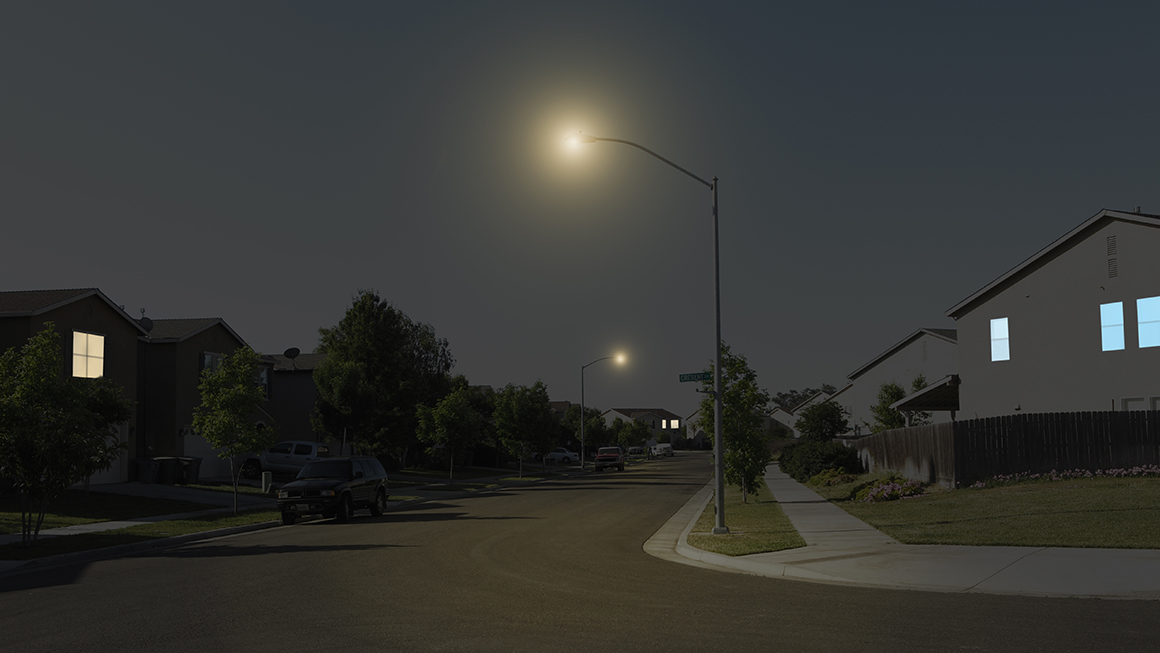
The housing market has changed dramatically in the past year, with both rents and home prices rising more than 13 percent and interest rates more than doubling compared with a year ago. To understand how landlords and tenants are responding, we are partnering with Avail, an online platform servicing do-it-yourself mom-and-pop landlords.
In July, Avail surveyed more than 1,200 landlords and more than 1,300 renters, with results showing that most landlords plan to increase rents but less than the overall market increase. Many of these landlords are raising rents and deferring repairs to respond to missed rental income, increased property taxes, and higher maintenance costs.
Although many tenants were financially struggling, few attempted to negotiate the rent increase, and even fewer of those who did were successful. Many tenants are considering moving to more affordable units, which could be difficult, as rents have gone up almost everywhere. Additionally, rising interest rates and high home prices negatively affect their homeownership prospects.
To help renters amid rising housing costs, policymakers can prioritize expanding housing inventory, with an eye toward more affordable housing, and expanding vouchers to alleviate renters’ cost burdens.
Landlords are raising rents and deferring repairs in response to market changes
About 72 percent of mom-and-pop landlords said they plan to increase rent in the next 12 months. Among those who said they wouldn’t, 44 percent said their units were already in line with local market prices, indicating they have already raised rents. More than 80 percent of landlords who were planning to raise rents said they were influenced by increasing market rents, though the increases were generally less than their perception of the overall market increase. Overall, 79 percent of landlords were planning to raise rent by less than 10 percent, but only 36 percent said their market area rents rose less than 10 percent. And most landlords are planning to raise rents less than what they say the market area rent increase was in the past 12 months.
Landlords said the rent raises reflected not only changes in market rents but the increased costs of managing and maintaining rental properties and the loss of rental income. About 80 percent said their costs increased in the past year, with more than half saying costs increased between 5 and 15 percent. Property taxes (79 percent) and maintenance and upkeep (75 percent) were the most-cited reasons for increasing costs.
Landlords who reported experiencing cost increases were significantly more likely to say they were planning to raise future rents and defer repairs compared with those who did not report experiencing cost increases. We also found that landlords who experienced rental income loss (27 percent) during the COVID-19 pandemic were more likely to raise rents and defer maintenance.
Mom-and-pop landlords still see the rental business as profitable, however, as more landlords indicated they were planning to buy additional units (23 percent) than sell units they currently own (8 percent).
Tenants have fewer options to respond to market changes
Among tenants who experienced a recent rent increase, 39 percent tried to negotiate with their landlord, but only 22 percent of those tenants successfully negotiated a smaller increase than was initially requested. Longtime tenants were more successful in negotiating smaller rent increases, with 26 to 27 percent of those living in the home for more than two years successful compared with 14 to 15 percent of those living in the home for less than two years. This difference might be explained by tenants with longer tenure having a closer relationship with their landlord, which lead to rent-relief requests being viewed more favorably.
About two-thirds of tenants who experienced a recent rent increase considered moving to a more affordable unit, but rising rents have made that difficult. Those who lived in their current home for a shorter time were more likely to consider moving.
More than a third of renters said they were considering purchasing a home within a year, but 80 percent of those considering buying indicated that rising interest rates, home prices, and rents had affected their plans, with delays most common. High-income renters were more likely to consider a home purchase, with 46 percent of those earning $100,000 or more thinking about purchasing within the next year.
As we found in the survey issued during the last quarter, rent and other housing expenses are putting the most financial strain on renters (60 percent), followed by food and groceries (57 percent) and auto and transportation (50 percent). Increased costs have led renter households to cut spending: 62 percent have cut spending on food and groceries, 61 percent on entertainment, and 38 percent on autos and transportation. The current environment is also affecting renters’ ability to save. Three-quarters of tenants are saving less than they were a year ago, giving little cushion against unforeseen emergencies.
We need short- and long-term policies to help struggling renters
The current market situation puts greater burdens on renters who don’t have much flexibility to adjust to rising rents. Driving the current market conditions is a lack of affordable housing, which will require long-term solutions such as zoning reforms and land-use regulations, providing financial incentives for developers, expanding manufactured housing, and training more construction workers. Increasing affordable housing supply is critical in the short term, but expanding housing vouchers, which helped tenants and landlords during the pandemic, and streamlining the approval process can help renters stabilize housing costs.
Let’s build a future where everyone, everywhere has the opportunity and power to thrive
Urban is more determined than ever to partner with changemakers to unlock opportunities that give people across the country a fair shot at reaching their fullest potential. Invest in Urban to power this type of work.